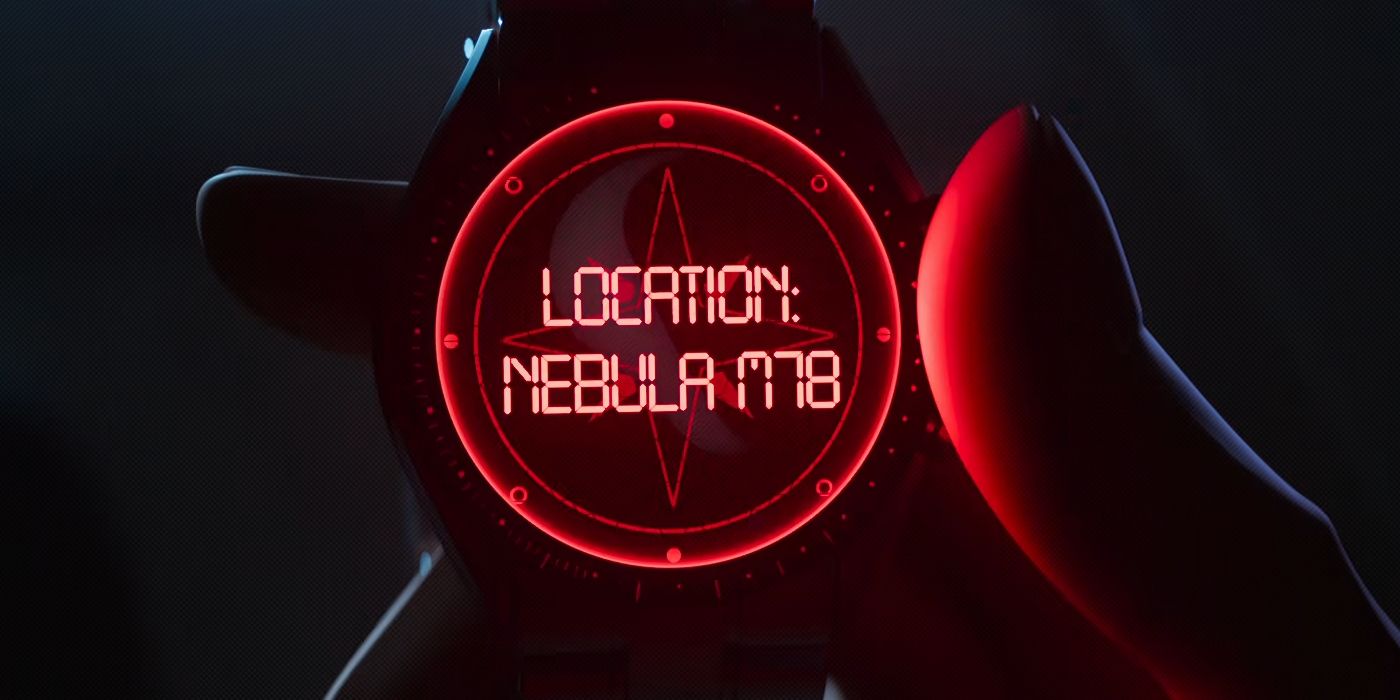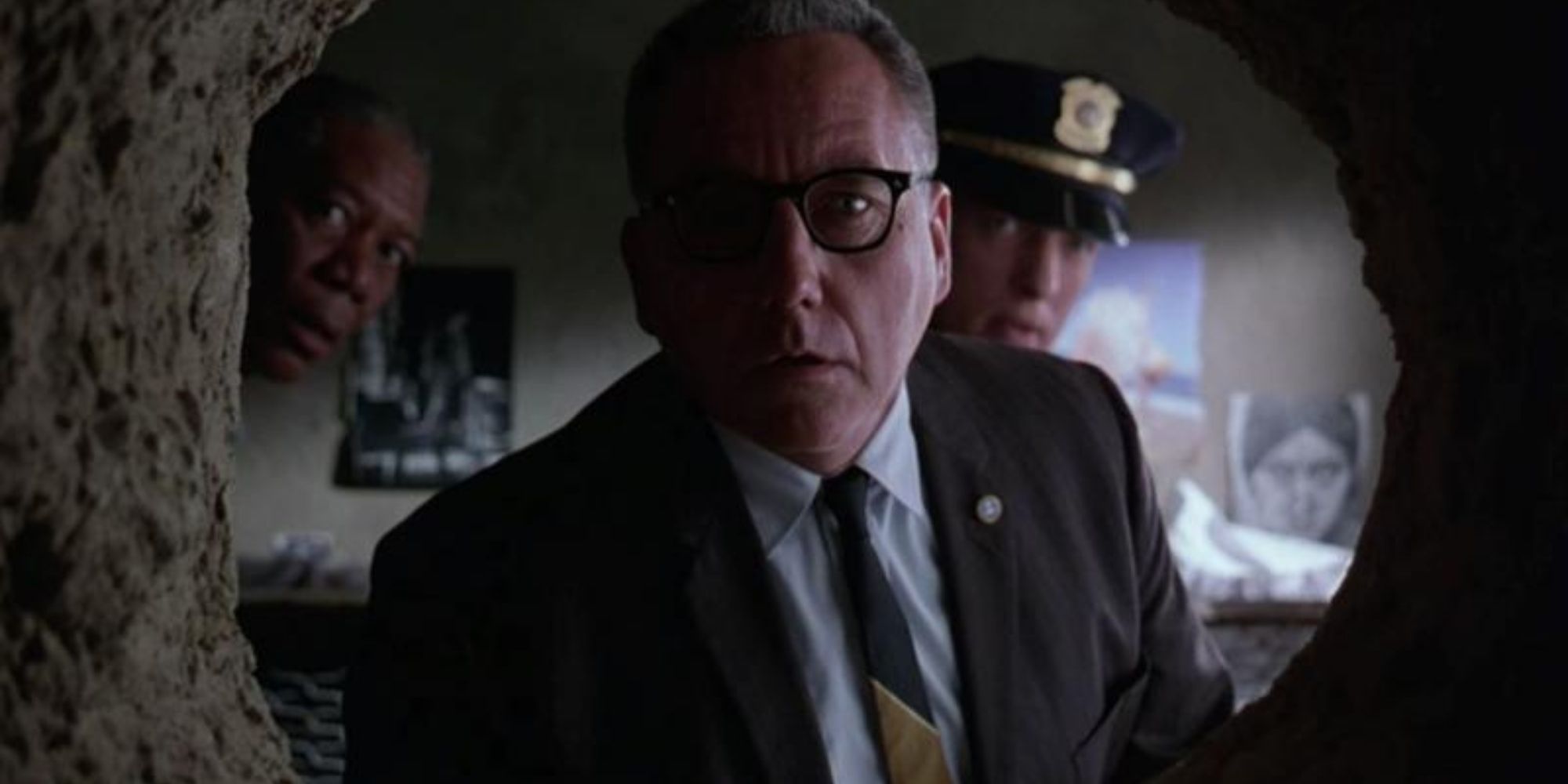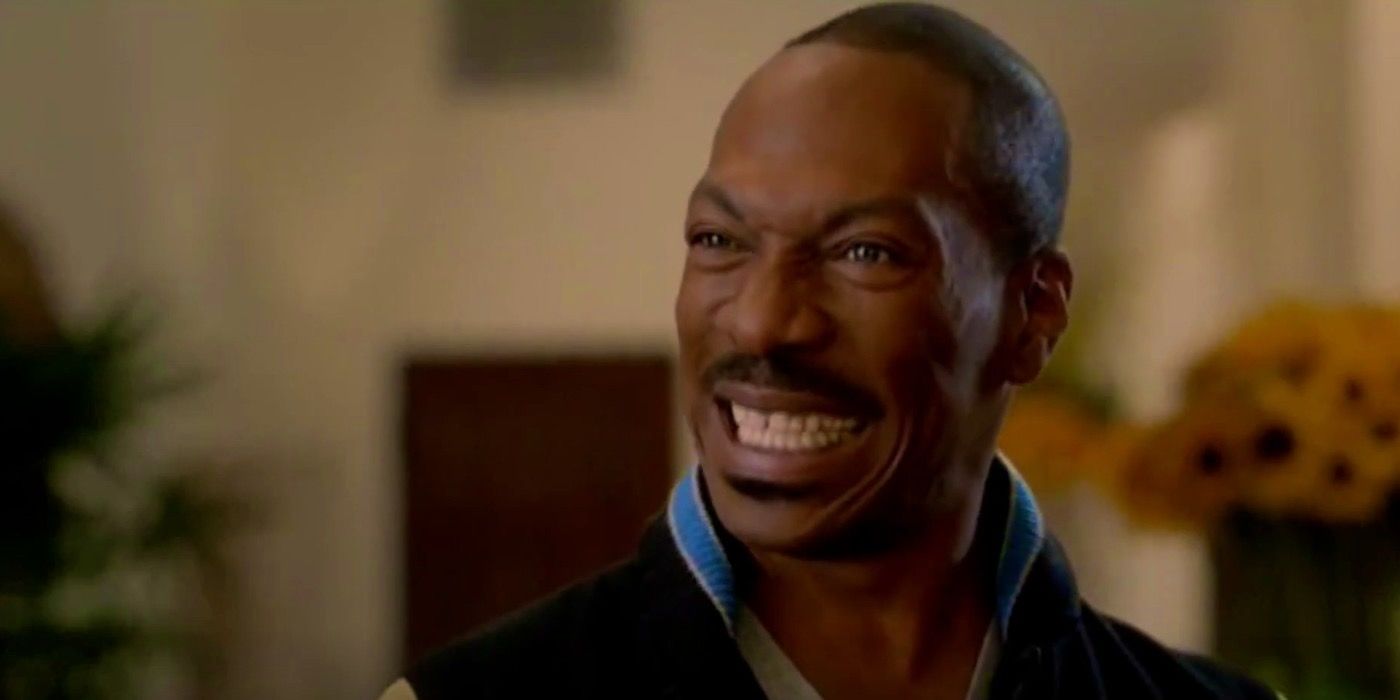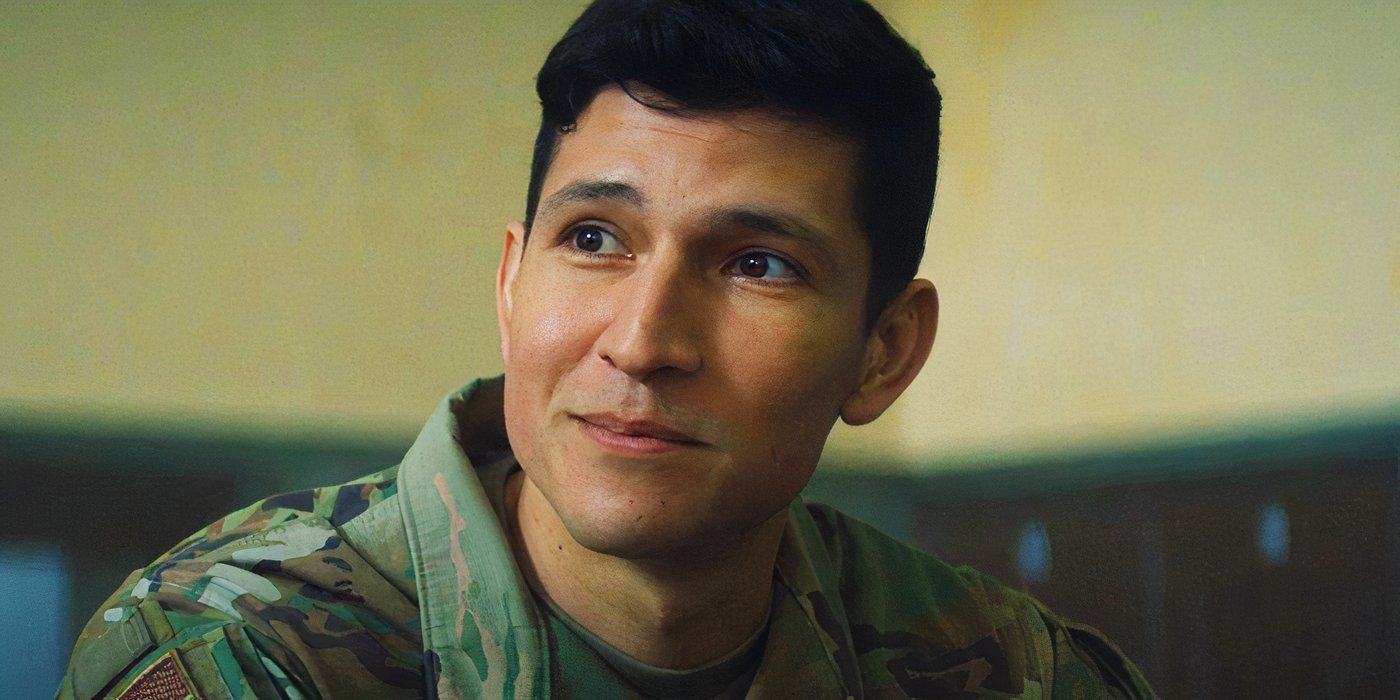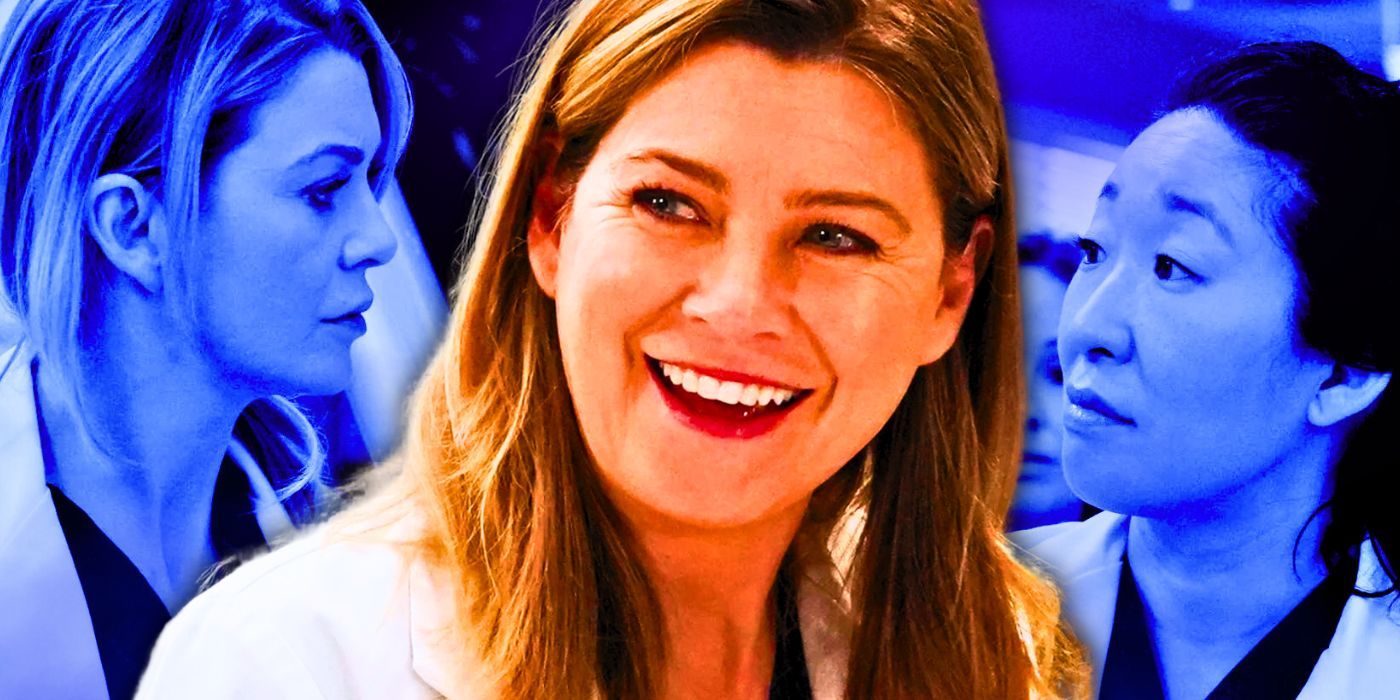By now, it’s no secret that Zack Snyder’s Man of Steel was controversial upon its release in June 2013. The film inspired a wide variety of opinions and divided the moviegoing public nearly right down the middle. Some appreciated the modern interpretation Snyder offered on the character, making him a face for disenfranchised individuals everywhere. Others thought that the reboot borrowed a bit too heavily from the Christopher Nolan playbook; its dark tone sharply contrasting with the good-natured, optimistic, and hopeful themes Superman is mostly associated with.
Since Man of Steel came out, Snyder has offered numerous defenses of his film’s style and highly-destructive finale, using the Battle of Metropolis fallout as a springboard into the main narrative for this spring’s Batman V Superman: Dawn of Justice. As thrilling as it is to see the DC Extended Universe come into fruition with Batman, Wonder Woman, and other Justice League members joining the fray, some moviegoers remain skeptical of the franchise’s potential quality since they view Man of Steel as a shaky foundation that fundamentally changed a key character. But in Snyder’s mind, those critics would see things in a new light if they read the source material.
While on the Hall of Justice podcast, Snyder talked about the response Man of Steel received and how the reboot set the stage for the DCEU as a whole, saying that he didn’t change anything about who Superman is based on comic book lore:
“I gotta say I was pretty ready for it, because I knew that we were really updating a character, a beloved character. I don’t think changing him – you know, people are always like “You changed Superman.” I’m like “if you’re a comic book fan, you know I didn’t change Superman. If you know the true canon, you know that I didn’t change Superman. If you’re a fan of the old movies, yeah, I changed him a bit.
“That’s the difference. I’m a bit of a comic book fan and I always default to the true canon, not the sort of cinematic canon, in my opinion, where they play slightly fast and loose with the rules. And so I feel like I tried to create a Superman that would set a tone for the world. And again, Chris Nolan as producer on the film, and who really created the story and who is a close friend, we worked closely together, to try and make a movie that felt consistent with the DC Universe as it was created. And it was something that I wanted to do anyway, so it really made sense.
“My point is that we DON’T take liberties. My point is if you know anything about the actual characters, you’ll see that they’re very much… what we’ve done is create a universe where those characters can really be the mythological characters as they’re designed in the comic books. So if you were a fan of them in the comic books, you’ll get a great opportunity to see what they look like, and how they move, and are real.”
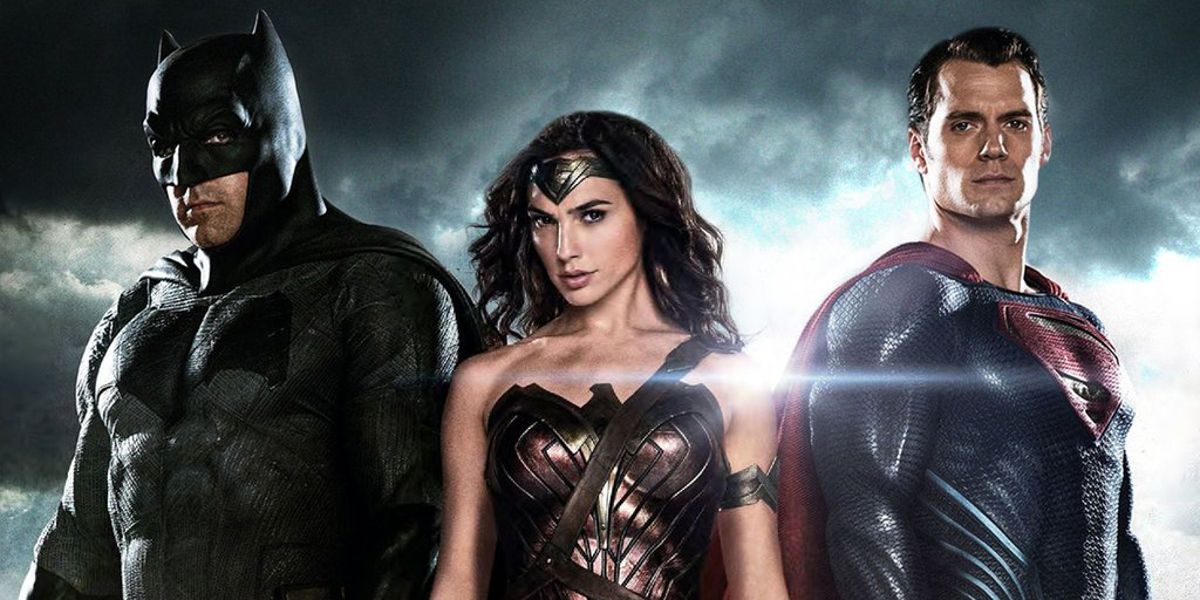
Snyder’s comments are sure to ruffle a few feathers, particularly where he mentions the “true canon.” It can be argued that there is no “definitive” version of Superman, Batman, or any comic book superhero because they have all gone through several iterations since they were first published. These characters aren’t like Luke Skywalker or Indiana Jones, protagonists that were created for a specific movie and only have the one rendition. There are literally decades of mythology to draw from when working on a Marvel or DC film, and it’s why Snyder can get away with rebooting Batman four short years after Nolan’s Dark Knight trilogy ended. Thanks to the Batman V Superman marketing, audiences are aware how Ben Affleck’s take on the Caped Crusader differs from what’s been shown before. The goal is to make sure the spirit of the character is intact, since that rarely changes with each reimagining.
If Man of Steel was to be successful, Superman almost had to be updated to fit better with modern audiences’ sensibilities. Bryan Singer tried to make a love letter to the classic Richard Donner aesthetic with Superman Returns, but it didn’t connect. In order to stay relevant, even the biggest pop culture icons need to evolve and keep up with the times. That’s one of the reasons why EON Productions felt it was necessary to completely reboot James Bond after the campy Die Another Day failed to leave an impact. With Casino Royale, they introduced a Bond for the 21st century, a move that ended up revitalizing the brand. This isn’t to take anything away from the work Donner and Christopher Reeve did, but as time moves on, tastes and expectations change. It’s up to the studios to realize that and make films that reflect the world they’re released to.
Regardless of how one feels about Man of Steel, there’s no denying that Snyder is attempting something fascinating as he pieces together the DCEU. Exploring the ramifications of “metahumans” appearing in our society is an angle with the potential for some high rewards. Snyder’s right in saying that superheroes are essentially mythological beings in the comics, something DC media hasn’t exactly strayed from in recent years (see: Injustice: Gods Among Us). If handled properly, the films of the DCEU could be some of the most thematically rich the genre has to offer, examining the “why” behind superheroes and how they impact the world around them. It’s something few comic book movies have tried before, meaning these projects might be a refreshing change-of-pace when it’s all said and done.
NEXT: How Watchmen Prepared Zack Snyder for Justice League
Batman V Superman: Dawn of Justice will hit theaters on March 25th, 2016, followed by Suicide Squad on August 5th, 2016, Wonder Woman on June 23rd, 2017, Justice League on November 17th, 2017, The Flash on March 23rd, 2018, Aquaman on July 27th, 2018, Shazam on April 5th, 2019, Justice League 2 on June 14th, 2019, Cyborg on April 3rd, 2020, and Green Lantern Corps on June 19th, 2020.
